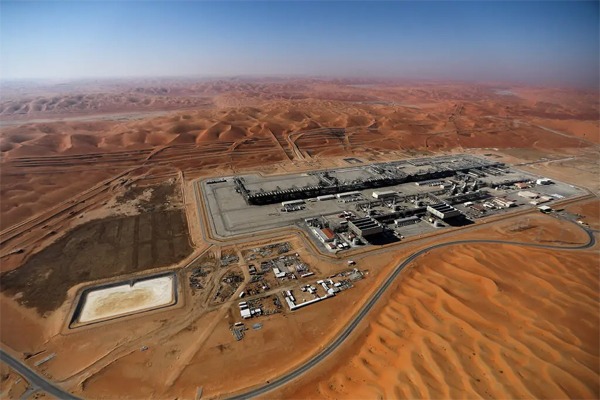OPEC Plus will extend its cuts until at least December. Demand has weakened, and other countries, including the United States, are expected to continue to increase production.

Stanley Redd, NYTimes
LONDON
EnergiesNet.com 09 06 2024
Saudi Arabia and seven other members of the oil-producing group known as OPEC Plus said on Thursday that they would extend production cuts until at least December, amid recent pressure on oil prices.
The move, which surprised some analysts, is a retreat from plans announced in June to begin unwinding more than two million barrels a day in production cuts, which were intended to help sustain oil prices.
The price of Brent crude, the international benchmark, has fallen roughly 15 percent since July, to around $72 a barrel.
Analysts have attributed the drop in prices to weak demand, especially in China, and anticipation of a continued increase in supplies from countries outside the Organization of the Petroleum Exporting Countries cartel, including Brazil, Canada, Guyana and the United States.
The plan by Saudi Arabia, the United Arab Emirates and other countries to increase output had undermined confidence in the market, analysts say. At the same time, consumers have benefited in the form of lower prices for gasoline and other petroleum products.
In total, producers are holding back about five million barrels a day, or around 5 percent of supplies. If that oil came rushing back to the market, a glut would ensue.
Delaying the production increases appears to be aimed at changing this negative sentiment, but whether the gambit will work remains to be seen. Giacomo Romeo, an analyst at the investment bank Jefferies, said the decision should be enough to prevent significant increases in inventories “even if China demand does not improve.”
Still, the market is aware that Saudi Arabia, the de facto leader of OPEC, is in a difficult position.
The Saudi oil minister, Prince Abdulaziz bin Salman, had managed to keep prices relatively high for months in a difficult environment by orchestrating production trims. The Saudis, whose national oil company, Saudi Aramco, produces nearly all of the oil in the country, can in effect largely do as they please.
Most other countries, though, have other considerations in mind. Producers like the United Arab Emirates and Iraq, for instance, want higher production — including providing room for oil fields being developed with foreign investment.
“Increased production is needed to maintain unity,” Jim Burkhard, vice president and head of research for oil markets at S&P Global Insights, said in a note before the oil producers announced their decision. “Without it, some countries could go ahead and increase output anyway.”
Evidently, the Saudis persuaded their allies that with prices in a downdraft, at least a signal of continued output restraint was needed.
In a statement issued by OPEC, the eight countries spoke of “strengthened resolve and renewed firm commitment.” The countries said the cuts would “be gradually eased” monthly afterward, but warned that these increases could be paused or reversed “as necessary.”
Stanley Reed reports on energy, the environment and the Middle East from London. He has been a journalist for more than four decades.
A version of this article appears in print on Sept. 6, 2024, Section B, Page 3 of the New York edition with the headline: OPEC Plus Delays Plan To Increase Oil Output.







